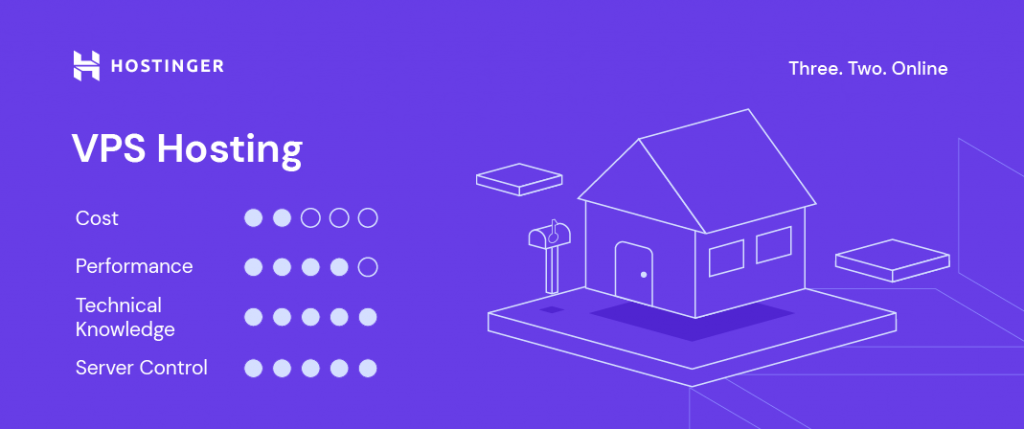As per Market Research Futute, the String Inverter Market is witnessing significant expansion, fueled by the growing adoption of solar energy systems globally. At the heart of this growth are the key string inverter manufacturers who are continuously innovating to provide efficient, reliable, and cost-effective solutions for both residential and commercial solar installations. String inverters play a critical role in converting direct current (DC) from solar panels into alternating current (AC) for use in homes, businesses, and the grid, making them indispensable in modern photovoltaic (PV) systems.
The global solar energy landscape is rapidly evolving, and manufacturers of string inverters are strategically positioning themselves to meet the rising demand. Leading companies are investing in research and development to enhance the efficiency, durability, and smart functionalities of their inverters. Features such as remote monitoring, predictive maintenance, and grid compatibility are becoming standard expectations, driving manufacturers to innovate beyond traditional inverter designs.
Among the prominent string inverter manufacturers, several stand out for their market presence and technological advancements. SMA Solar Technology AG, Huawei Technologies Co., Ltd., SolarEdge Technologies, ABB Ltd., and Fronius International GmbH are widely recognized for their high-quality, reliable products. These manufacturers focus not only on the performance of their inverters but also on providing comprehensive customer support, ensuring seamless integration of solar PV systems across varied applications.
The competitive landscape in the string inverter market is also shaped by regional demands and policy frameworks. In Europe, stringent regulations and incentives for renewable energy have encouraged manufacturers to produce high-efficiency inverters suitable for both small and large-scale solar installations. In Asia-Pacific, rapid urbanization and increasing electricity demand are pushing manufacturers to develop scalable and cost-effective string inverter solutions. North America, with its expanding commercial and residential solar sectors, is witnessing adoption of intelligent string inverters that enable real-time monitoring and energy management.
Technological innovation remains a core driver for string inverter manufacturers. Advanced inverters now integrate features such as module-level monitoring, enhanced safety protocols, and compatibility with energy storage systems. These developments allow solar system operators to maximize energy harvest, minimize downtime, and improve overall system reliability. Manufacturers are also exploring hybrid inverters that can efficiently manage both grid-tied and off-grid scenarios, catering to diverse energy needs and expanding market opportunities.
Sustainability and environmental considerations are increasingly influencing manufacturing strategies. Leading companies are adopting eco-friendly materials, reducing the carbon footprint of production processes, and extending product lifecycles through modular and upgradeable designs. This not only aligns with global sustainability goals but also enhances the market appeal of their products to environmentally conscious consumers.
The string inverter market is projected to experience robust growth over the coming years, driven by the rising adoption of solar PV systems and the continuous evolution of inverter technologies. Manufacturers who focus on innovation, quality, and customer-centric solutions are likely to strengthen their market position and contribute significantly to the transition toward renewable energy.
FAQs
Q1: Who are the top string inverter manufacturers globally?
A1: Leading manufacturers include SMA Solar Technology AG, Huawei Technologies Co., Ltd., SolarEdge Technologies, ABB Ltd., and Fronius International GmbH, known for their innovative and reliable products.
Q2: What features are most important in modern string inverters?
A2: Modern string inverters often include module-level monitoring, remote management, predictive maintenance, hybrid capabilities, and compatibility with energy storage systems.
Q3: How are string inverter manufacturers responding to sustainability concerns?
A3: Manufacturers are using eco-friendly materials, reducing carbon footprints in production, and designing modular, upgradeable inverters to extend product lifecycles and align with environmental standards.
This detailed insight highlights how string inverter manufacturers are pivotal in shaping the solar energy market, ensuring that clean, efficient, and reliable power solutions continue to expand globally
More Related Reports:





